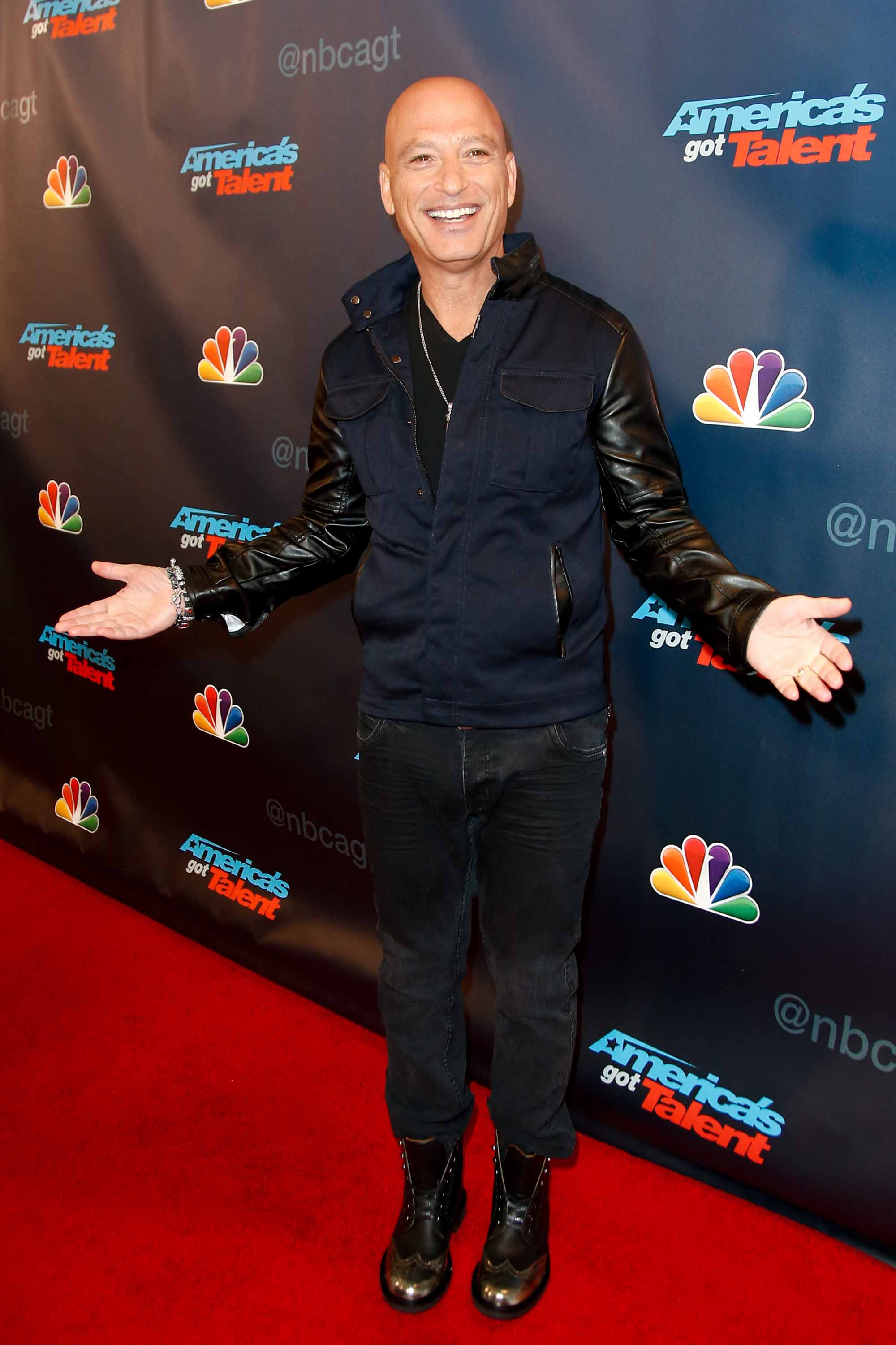Louis Harold Jacobovitch, actor, comedian (born 28 December 1913 in Toronto, ON; died 23 October 2009 in New York, New York). Lou Jacobi was a Jewish Canadian character actor whose career spanned 70 years, from 1924 to 1994. He began acting while still a child, appearing in theatrical productions in Toronto before moving on to London’s West End and Broadway. He also appeared in more than 70 films and TV series in both comedic and dramatic roles. An avuncular actor with excellent comic timing, he once described himself as having “the look of everybody's favourite Uncle Max.” He was inducted into Canada’s Walk of Fame in 1999.
Personal Life
Louis Harold Jacobovitch was born in 1913 to Joseph and Fay Jacobovitch. He grew up on Brunswick Avenue in Toronto, up the street from Kensington Market. He began his acting career while still a child: his first role was as a violin prodigy in the 1924 Yiddish-language Toronto stage production of The Rabbi and the Priest. Jacobi continued to play the violin for the rest of his life.
At the time of his death in 2009, Jacobi was survived by a sister, Rae Gold, and a brother, Rabbi Avrom Jacobovitch, both of Toronto. Jacobi married Ruth Ludwin in 1957 and remained married to her until her death in 2004. He spent the final years of his life in Manhattan.
Career Highlights
In the 1940s, Jacobi worked as a stand-up comic at holiday resorts in the Muskoka region north of Toronto. He also worked as the social director at one of the resorts and did stand-up at weddings and bachelor parties. He was also a drama director for the Toronto Young Men’s Hebrew Association (YMHA). In 1949, he was cast in Spring Thaw, one of the most successful satirical revues in Canadian theatrical history.
From 1952 to 1955, Jacobi worked primarily in the UK in London’s West End. He appeared in such productions as the musicals Guys and Dolls and Pal Joey. He made his feature film debut in the British comedy Is Your Honeymoon Really Necessary? (1953). He also had a supporting role in Carol Reed’s A Kid for Two Farthings (1955).
In 1955, Jacobi made his Broadway debut in the role of Hans van Daan in The Diary of Anne Frank. He continued in the role throughout the play’s Broadway run of two and a half years. He was one of only three actors who reprised their roles in the 1959 film adaptation directed by George Stevens. Jacobi continued performing on Broadway, including in Neil Simon’s first play, Come Blow Your Horn, in 1961. It helped cement Jacobis’s reputation, both for his excellent delivery as a comic actor and for his strong character performance.
In total, Jacobi appeared in 10 Broadway plays over the course of his career, while also giving strong supporting roles in a dozen major feature films and numerous TV shows. He appeared in such TV series as The Dick Van Dyke Show, The Man from U.N.C.L.E., Barney Miller, Sanford and Son, King of Kensington, Cagney & Lacey, St. Elsewhere and L.A. Law. In the early-1970s, he was a regular on The Dean Martin Show. His film credits include Billy Wilder’s Irma La Douce (1963), Woody Allen’s Everything You Always Wanted to Know About Sex (But Were Afraid to Ask) (1972), Arthur (1981), My Favorite Year (1982), and Barry Levinson’s Avalon (1990).
In addition to his numerous film, television and stage performances, Lou Jacobi also recorded comedy albums, including Al Tijuana and His Jewish Brass (1966).
Characteristic Style
Lou Jacobi was well-known as a supporting character actor who often portrayed older men with avuncular qualities. He once described himself as having “the look of everybody's favourite Uncle Max.” New York Times’ critic Clive Barnes described Jacobi as having “…a face of sublime weariness and the manner of a man who has seen everything, done nothing and is now only worried about his heartburn.” He often portrayed older Jewish men in both comedic and dramatic roles.
Honours
Lou Jacobi was inducted into Canada’s Walk of Fame in 1999 for his contributions to arts and entertainment, particularly film. His star is located outside of Toronto’s Royal Alexandra Theatre. Jacobi was the first recipient of the John Labatt Entertainment Group Canadian Classic Award for his contributions to cinema. He also won at least one Clio Award for his work in Hertz rental car commercials.
Though he didn’t win many awards for his acting work throughout his career, Jacobi was nonetheless well-respected. His performances were often well-received even if the rest of the film or play wasn’t. Upon his induction into Canada’s Walk of Fame in 1999, film critic Roger Ebert remarked: “As you make your way through life, sometimes you happen upon people who know how to be happy. I look at Lou, and I’m not afraid to be 85, if I can get there in Lou’s style.”


 Share on Facebook
Share on Facebook Share on X
Share on X Share by Email
Share by Email Share on Google Classroom
Share on Google Classroom






.jpg)
